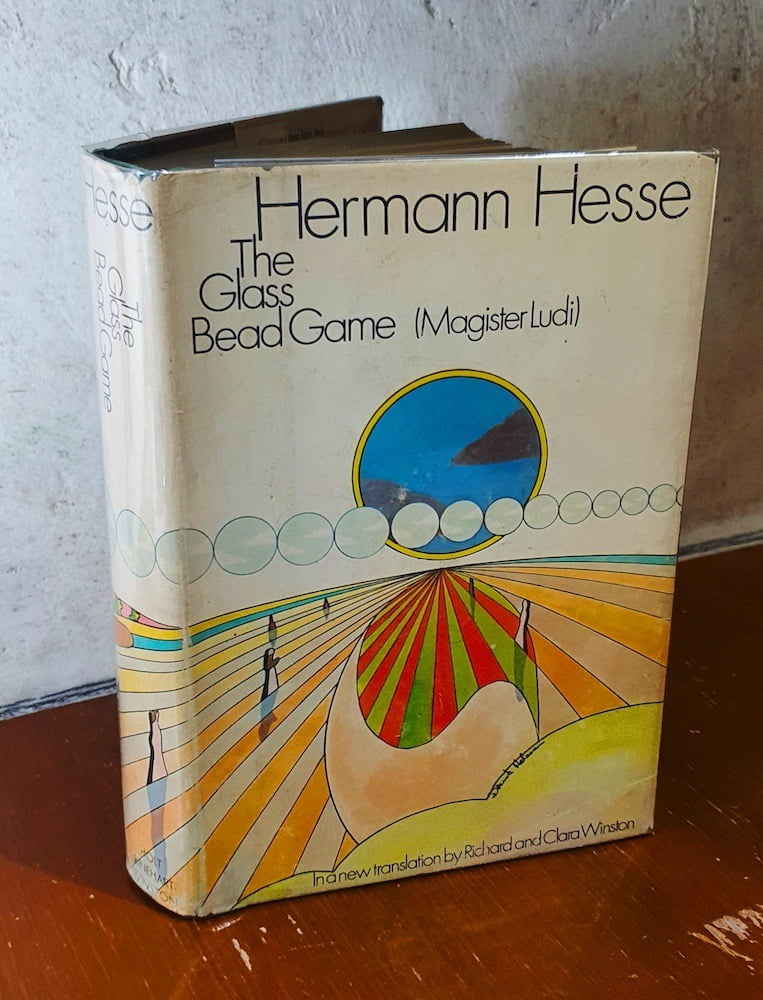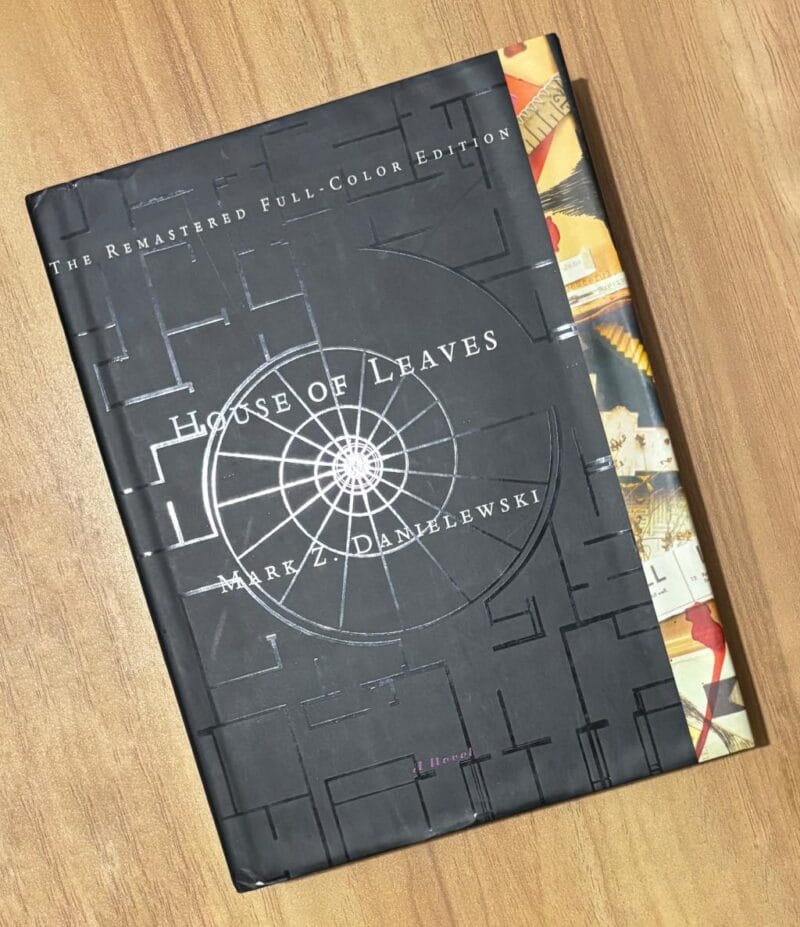The Glass Bead Game unfolds in the distant future, within the utopian society of Castalia, where scholarly pursuits reign supreme. The protagonist, Joseph Knecht, is a prodigious student who ascends the ranks of the Castalian Order, ultimately becoming the Magister Ludi—the Master of the Game. The central premise of the book revolves around the Glass Bead Game itself, an esoteric synthesis of music, mathematics, philosophy, and art.
Hermann Hesse’s writing skillfully teeters on the boundary between poetry and philosophy. He writes in a deep, contemplative way that transports the reader inside Knecht’s head. Despite taking place in a futuristic civilization, the story has a timeless aspect that makes it both intimate and accessible to readers everywhere. Hesse uses many layers of symbolism to create a narrative that is both mysterious and deeply contemplative.
The central themes of “The Glass Bead Game” are the limits of knowledge and the never-ending pursuit of understanding. Hesse weaves a story that emphasizes the friction between the cerebral and the spiritual, shining light on the age-old battle to bring harmony to one’s mind and heart.
Castalia represents a secluded intellectual haven, a bastion of erudition that exists in stark contrast to the mundane affairs of everyday existence. Hesse prompts readers to question the price of intellectual isolation, provoking us to ponder the potential consequences of forsaking human connection for the pursuit of knowledge.
During the creative process, like in the Glass Bead Game itself, seemingly unrelated parts join together to form something new and beautiful. Hesse’s examination of the relationship between music, mathematics, and philosophy demonstrates the deep ties that exist across apparently unrelated fields of study. He’s making the case that art may bring together seemingly unrelated pieces of information and push the limits of human awareness through the medium of the game.
Hesse’s magnum opus encourages us to accept the nuances of the human condition and venture into the unknown regions of our minds and souls. The mysterious game at the story’s center serves as a reminder of Hesse’s central theme, which is that art has the astonishing ability to unify seemingly incongruous aspects of reality, giving us glimpses of transcendent beauty and wisdom.
Memorable Quotes
“Should we be mindful of dreams?” Joseph asked. “Can we interpret them?” The master looked into his eyes and said tersely: “We should be mindful of everything, for we can interpret everything.”
Page 80-81, The Glass Bead Game by Hermann Hesse
The really great men in the history of the world have all either known how to meditate or have unconsciously found their way to the place to which meditation leads us. Even the most vigorous and gifted among the others all failed and were defeated in the end because their task or their ambitious dream seized hold of them, made them into persons so possessed that they lost the capacity for liberating themselves from present things, and attaining perspective.
Page 104, The Glass Bead Game by Hermann Hesse
Among those who have made heavy sacrifices for a position in life, a government post, a marriage, a profession, there are some who contrive to love their position and affirm it the more on the strength of these very sacrifices. What they have suffered for constitutes their happiness and their fulfillment.
Page 322-323, The Glass Bead Game by Hermann Hesse
“Awakening,” it seemed, was not so much concerned with truth and cognition, but with experiencing and proving oneself in the real world. When you had such an awakening, you did not penetrate any closer to the core of things, to truth; you grasped, accomplished, or endured only the attitude of your own ego to the momentary situation. You did not find laws, but came to decisions; you did not thrust your way into the center of the world, but into the center of your own individuality.
Page 380, The Glass Bead Game by Hermann Hesse
Further Reading
Analysis of Hermann Hesse’s The Glass Bead Game by Nasrullah Mambrol, Literariness.org
Explaining the Glass Bead Game by Charles Cameron, Hermetic Library
Herman Hesse’s The Glass Bead Game by Clay Risen, The American Scholar
On Hermann Hesse and “The Glass Bead Game” by Joshua Isard, LitReactor




